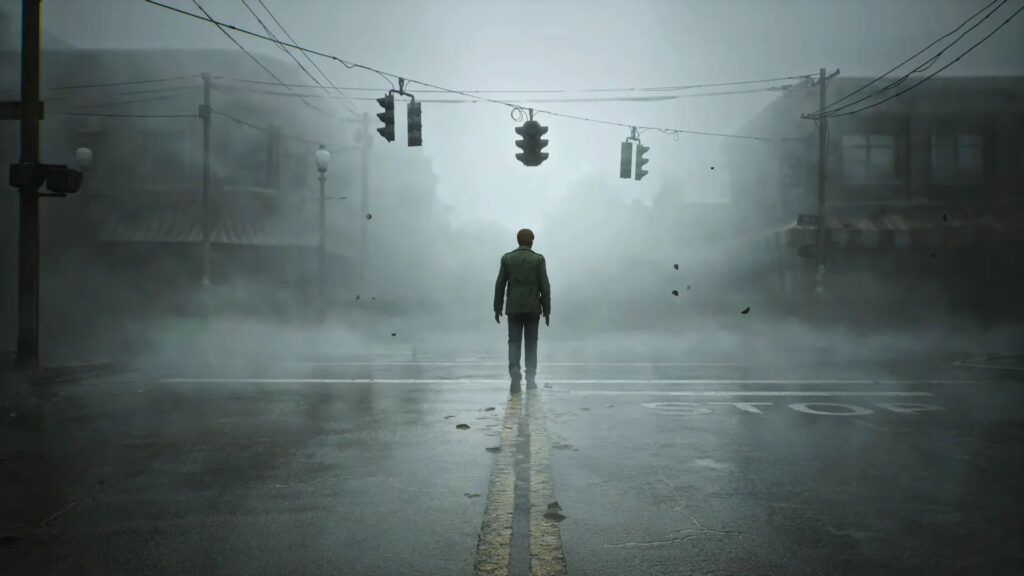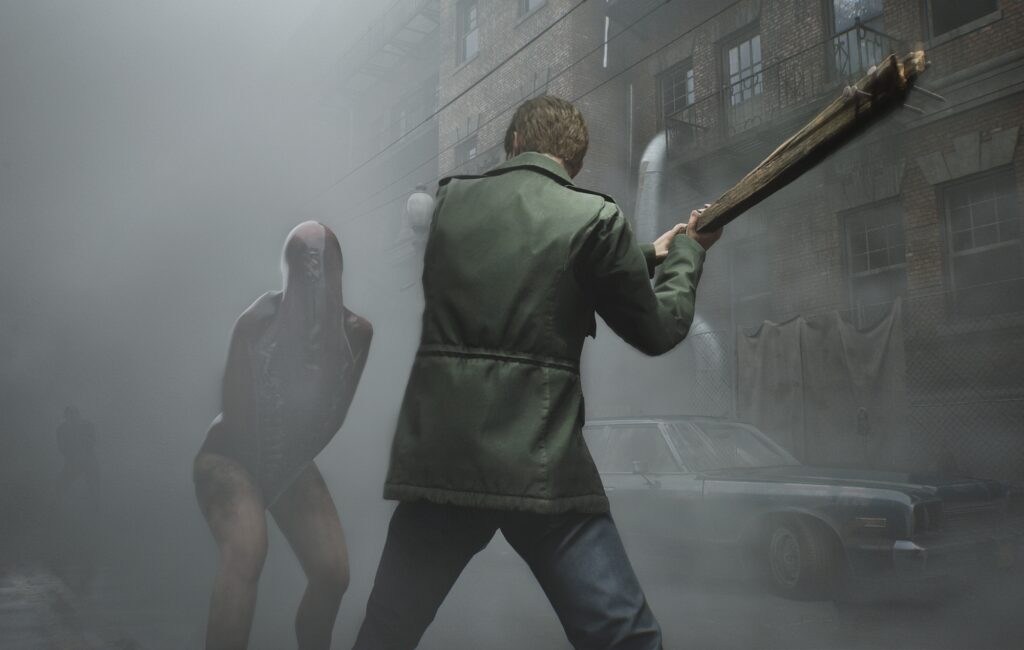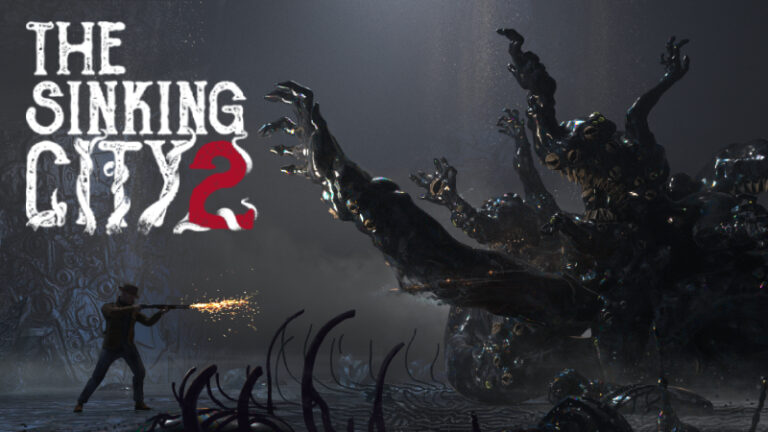The Silent Hill series is renowned for its psychological horror and deeply unsettling atmosphere. While there’s no definitive explanation for the psychological themes in the series, several key elements contribute to the overall experience. Not only do the Silent Hill games tap into primal fears and survival instincts, but players are also often faced with terrifying creatures, limited resources (a staple of the survival horror genre), and a constant sense of danger. This evokes a fight-or-flight response, heightening the psychological tension and making players feel vulnerable.
Konami’s flagship survival horror series delves into the darkest corners of the human psyche and often incorporates psychological concepts such as repressed memories, guilt, trauma, and the subconscious. The town of Silent Hill itself acts as a mirror, reflecting the inner struggles and fears of the characters. Perhaps this is best exemplified by the story of the original Silent Hill 2.
Playing as the troubled protagonist James Sunderland, you travel to the desolate resort town to meet your supposedly deceased wife for what seems to be a way to reconnect, impossible though the circumstances may be. Upon reaching the town, you find yourself unable to find her and go on an elaborate, dark psychological journey as a result.
With a cast of memorably off-kilter characters, chilling gameplay, and a gut-wrenching soundtrack by series giant Akira Yamaoka, Silent Hill 2 broke boundaries when it was initially released in 2001 for the PlayStation 2. Often cited as a landmark in horror gaming, the unconventional sequel paved the way for subsequent releases and has developed a cult following of fans eager for more content.
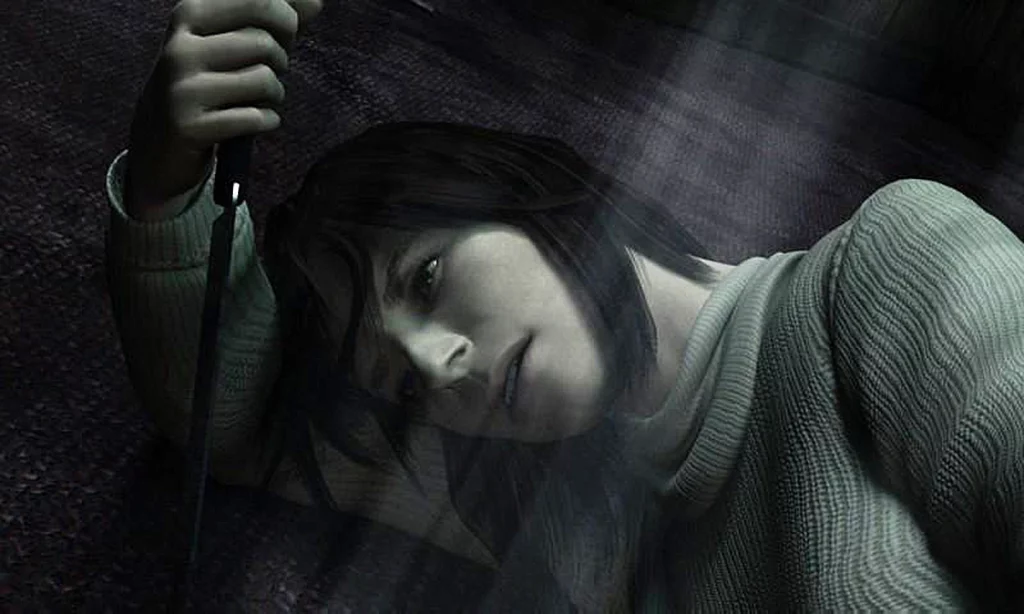 Symbolism plays a crucial role in the Silent Hill series, with many objects, locations, and events carrying deeper meanings. The use of symbolism allows the games to convey complex psychological concepts and emotions indirectly. It adds layers of interpretation and engages players intellectually as they decipher the symbolic language. Furthermore, the games often leave aspects of the story and characters purposely vague and open to interpretation, with multiple endings in place for Silent Hill 2, some more overt than others. This ambiguity creates a sense of unease and psychological tension, as players grapple with uncertainty and try to make sense of the events unfolding in the game world. The lack of clear answers can lead to introspection and encourage players to reflect on their own fears and anxieties.
Symbolism plays a crucial role in the Silent Hill series, with many objects, locations, and events carrying deeper meanings. The use of symbolism allows the games to convey complex psychological concepts and emotions indirectly. It adds layers of interpretation and engages players intellectually as they decipher the symbolic language. Furthermore, the games often leave aspects of the story and characters purposely vague and open to interpretation, with multiple endings in place for Silent Hill 2, some more overt than others. This ambiguity creates a sense of unease and psychological tension, as players grapple with uncertainty and try to make sense of the events unfolding in the game world. The lack of clear answers can lead to introspection and encourage players to reflect on their own fears and anxieties.
The series also explores the personal demons and inner struggles of its characters. Its protagonists often find themselves confronting their own past traumas and guilt within the nightmarish of Silent Hill, manifesting these demons as actual ones including the popular antagonist Pyramid Head from SH2. This psychological aspect adds depth to the narrative and emphasizes the internal battles we face in our own lives. The series touches on existential themes such as identity, purpose, and the nature of reality. The blurred lines between reality and illusion in the games force players to question their own perceptions and the nature of their existence. This existential uncertainty adds to the psychological horror of the games.
The first Silent Hill was developed by Konami and released in 1999 for the original PlayStation. Initially designed with the intention of being the company’s answer to Capcom’s hugely successful Resident Evil (1996), Silent Hill eventually coalesced into something greater than the sum of its parts and diverged from its competitor’s action genre aesthetic by featuring an everyman protagonist that was relatable to regular people, rather than a heavily armed and capable armed forces veteran like Chris Redfield. In the game, protagonist Harry Mason travels to the quiet town of Silent Hill with his daughter Cheryl. After surviving a car crash, Harry regains consciousness only to find that Cheryl is missing and nowhere to be seen. Desperate to save her, he ventures into the foggy town on a nightmarish journey that will take him to hell and back.
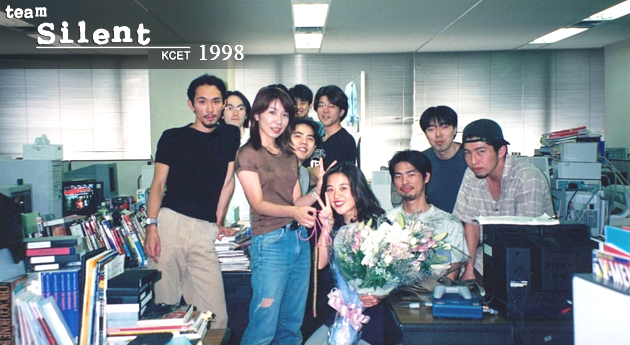 Often dubbed the “golden era” of Silent Hill games, the first four games were developed by a crew of developers who were dubbed “Team Silent.” As their efforts resulted in poor sales results on other Konami titles, the expectations for the game were low and Team Silent was given the creative freedom necessary to craft a unique, Lynchian experience that turned out to become a landmark title.
Often dubbed the “golden era” of Silent Hill games, the first four games were developed by a crew of developers who were dubbed “Team Silent.” As their efforts resulted in poor sales results on other Konami titles, the expectations for the game were low and Team Silent was given the creative freedom necessary to craft a unique, Lynchian experience that turned out to become a landmark title.
After the release of Silent Hill 2 in 2001, two more sequels were developed by Team Silent, including Silent Hill 3 (2003) and Silent Hill 4: The Room (2004). Both titles furthered the uniquely psychological aspect of the series and included new protagonists Heather Mason (Harry Mason’s grown-up daughter from the first game), who is notably the only female protagonist in the series, and Henry Townshend, who is stuck in his own private version of hell in the form of his apartment, which has been chained up from the inside.
After disbanding Team Silent as a result of Konami wanting to outsource development of the series to Western developers, a slew of new Silent Hill games were released, including SH: Origins (2007) for the PSP, SH: Homecoming (2008), a reimagining of the first game entitled SH: Shattered Memories (2009) for the Wii, a spin-off for the portable PlayStation Vita system, SH: Book of Memories (2012), SH: Downpour (2012), and P.T. (2014), a “playable teaser” for a future title called Silent Hills, which was set to be designed by famed auteur Hideo Kojima. Unfortunately, P.T. was canceled resulting in a major outcry from the fans, and the future of the series was left up in the air for nearly a decade.
Flash-forward to October 2022, when, after years of speculation, Konami announced that multiple Silent Hill projects were in the works, including a remake of SH2 which would be developed by Polish developer Bloober Team, best known for visually striking horror games such as The Medium and Layers of Fear. Bloober made a point to mention that the remake would stay faithful to the original story but bring updated visuals for next-gen consoles and include the masterful soundtracks of Akira Yamaoka.
Despite the prolonged hiatus it took, the series doesn’t seem to be slowing down anytime soon. Along with the announcement of the SH2 remake, other new projects were announced, including Silent Hill: Townfall, Silent Hill: Ascension, and Silent Hill F. Konami also announced that a new Silent Hill movie in the works, to be directed by the director of the first SH movie (2006), Christophe Gans.
It looks like the series, which has traditionally leveraged its psychological elements to create an immersive and deeply unsettling experience, will be sticking to its roots in its newer entries. By challenging players on both an intellectual and emotional level and exploring the human mind in unique ways through its narrative, sound design, symbolism, and extensive lore, the Silent Hill series continues to push the boundaries of storytelling and psychological horror in games.
We look forward to playing the Silent Hill 2 remake, as well as covering the other upcoming titles that are on the way. As always, stay tuned here for the latest updates and announcements.

